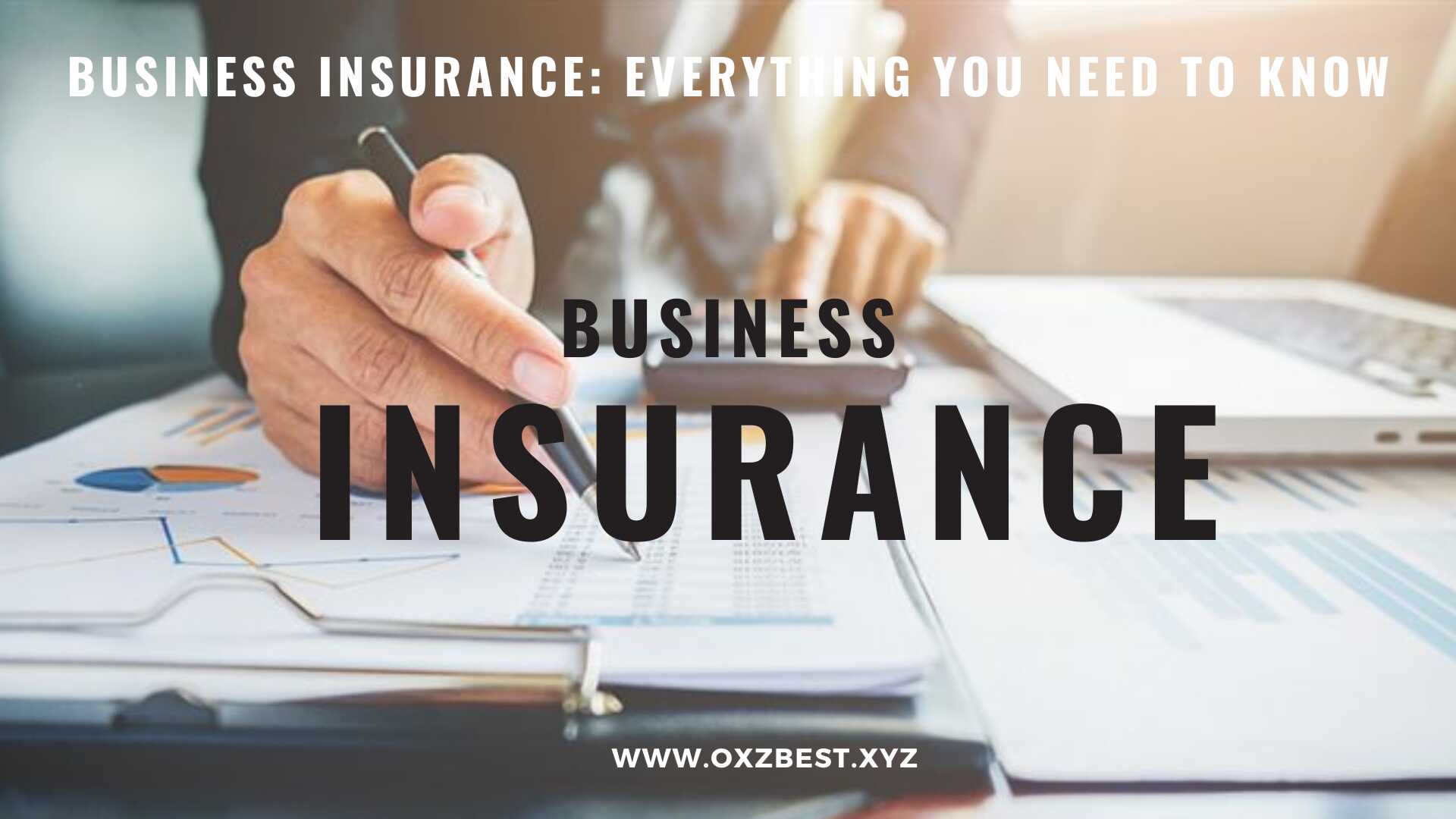In today’s unpredictable world, running a business comes with a myriad of risks. From property damage to lawsuits, the financial repercussions of unexpected events can be devastating. This is where business insurance steps in. It’s not just a legal requirement in some cases but a strategic shield that ensures the survival and growth of your enterprise. Let’s dive deep into what business insurance is, why it matters, and how it can safeguard your business.
What Is Business Insurance?
Business insurance is a safety net designed to protect businesses from financial losses caused by unforeseen events. It includes a range of policies that cover various aspects of a business, from physical assets to liabilities and even employee injuries. Without this coverage, even a minor mishap could spell disaster for a business.
The Core Purpose of Business Insurance
At its core, business insurance provides financial protection. Imagine a scenario where a customer slips and falls in your store, or a fire damages your office. The costs of medical bills, lawsuits, or property repairs can be overwhelming. Business insurance helps cover these expenses, allowing you to focus on running your business without worrying about financial ruin.
Why Every Business Needs Insurance
Every business, anyway of size or sedulity, faces risks. For small businesses, a single accident could lead to bankruptcy. For larger corporations, lawsuits or equipment damage can stall operations and result in massive losses. Business insurance offers peace of mind and ensures durability indeed in grueling moments.
Types of Business Insurance
- General Liability Insurance
General incommodity insurance is the backbone of business content. It protects against common or garden calls involving fleshly injuries, property damage, and advertising miscalculations.
Coverage and Benefits: This policy covers medical expenses if someone is injured on your premises, legal costs in case of lawsuits, and even damages caused by your advertising efforts.
Who Needs It? Almost every business should have general liability insurance, especially those with physical locations like retail stores or offices.
- Professional Liability Insurance
Known as crimes and deletions( E&O) insurance, this type of content is essential for companies that give professional services or guidance.
Common Scenarios Covered: It covers claims of negligence, misrepresentation, or failure to deliver promised results. For example, if a consultant provides advice that leads to financial loss for a client, this policy covers legal fees and settlements.
Industries That Rely on It: Lawyers, accountants, IT professionals, and healthcare providers are just a few industries that benefit from this type of insurance.
- Property Insurance
Property insurance protects your business’s physical means, involving structures, outfit, and force.
Protecting Physical Assets: Whether it’s damage from a fire, theft, or storm, this policy ensures that you can repair or replace essential items quickly.
Common Exclusions: Most property insurance policies don’t cover damages from floods or earthquakes. BCompanies in high- threat areas may need fresh content for these events.
- Workers’ Compensation Insurance
This type of insurance is legally required in most jurisdictions for businesses with employees.
Why It’s Legally Required: Workers’ compensation covers medical charges and lost stipend for workers injured on the job. It also protects employers from suits related to plant injuries.
How It Protects workers and Employers From construction spots to department spaces, accidents can be anywhere. This procedure ensures workers are watched for while reducing fiscal and legit pitfalls for employers.
- marketable Auto Insurance
still, marketable bus insurance is essential, If your business owns instruments.
Fleet and Individual Coverage: It covers accidents, theft, and damages involving company vehicles. Whether you operate a single delivery van or an entire fleet, this policy provides peace of mind.
Industries That Require It Most: Delivery services, logistics companies, and mobile repair services often rely on commercial auto insurance.
Benefits of Business Insurance
- Financial Protection Against Unexpected Events
The most egregious asset of business insurance is fiscal screen. From natural disasters to customer injuries, this coverage ensures that you’re not left footing the bill for costly incidents.
Examples of Covered Incidents: A restaurant owner whose kitchen equipment is destroyed in a fire can use property insurance to replace it. Similarly, liability insurance can cover the costs if a customer files a lawsuit after an injury.
Cost Savings from Insurance: While premiums may seem like an added expense, the cost is minimal compared to potential losses from accidents or lawsuits.
- Enhances Business Credibility
Insurance doesn’t just protect your finances; it also boosts your business’s reputation.
Trust Factor with Clients: Clients and partners feel more confident working with insured businesses because it shows responsibility and reliability.
legit Compliance numerous diligence bear special manners of insurance to operate. Meeting these conditions not only keeps you biddable but also improves your professional image.
- Safeguards Against Lawsuits
Legal disputes can drain your finances and disrupt your operations. Business insurance shields you from these risks.
Common Legal Scenarios: Whether it’s a customer suing over a defective product or an employee alleging workplace harassment, insurance can cover legal fees and settlements.
Peace of Mind for Business Owners: Knowing you’re protected against legal risks allows you to focus on growth and innovation.
Factors to Consider When Choosing Business Insurance
- Business Type and Size
Every business is special, and consequently are its insurance needs.
Customizing programs A tech incipiency may prioritize cyber incommodity insurance, while a retail store may concentrate on general incommodity.
significance of Scalability As your business grows, your insurance requirements will evolve. take programs that can acclimatize to these changes.
- Risk Assessment
Identifying potential threats is crucial for selecting the right coverage.
Identifying Potential Threats: Consider risks like natural disasters, equipment breakdowns, or cybersecurity breaches.
Prioritizing Coverage: Start with essential policies like general liability and expand based on your specific risks.
- Budget Allocation
Balancing cost and coverage is key to making smart insurance decisions.
